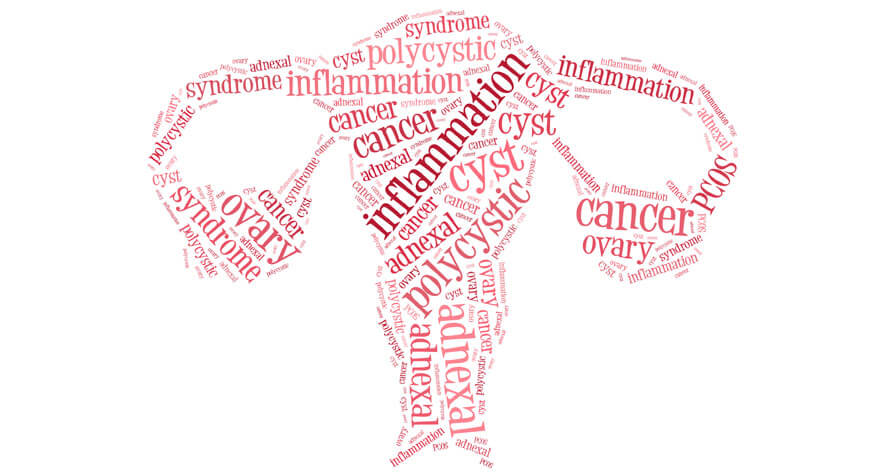Do Pap Smears Hurt?
.jpg?rev=d6b54137d3fa40119d5f8e193521f82f)
A Pap smear is a crucial test for detecting abnormal cells on the cervix before they become cancerous. The procedure, which was named after Dr. Georgios Papanikolaou and his wife Mary, who developed it, involves collecting cells and examining them under a microscope.
If you’re having your first Pap smear, you might wonder if the procedure is painful. The short answer is that it typically doesn’t hurt, but this article provides more information.
WHEN AND WHY ARE PAP SMEARS DONE?
Pap smears are called the “gold standard” in preventing cervical cancer. That’s because the test can detect abnormal cells before they become cancerous, greatly reducing a person’s risk of developing cervical cancer.
Cervical cancer is often caused by the human papillomavirus, which is spread by genital or anal contact. However, you should get a Pap smear even if you’re not sexually active.
The recommendation is that anyone 21 to 30 years old should have a Pap smear every three years. People between the ages of 30 and 65 should have the procedure every five years.
Going for a Pap smear might feel inconvenient or like something you’d rather avoid, particularly if you’ve had one and everything was fine. But it’s crucial that you get this test as recommended.
WHAT DOES A PAP SMEAR FEEL LIKE?
People who have had a Pap smear typically don’t describe it as painful. Instead, they often report some discomfort, a gentle pushing sensation and some irritation when the gynecologist brushes or scrapes the cervix. The closest the experience comes to pain is a slight pinch.
That said, there’s nothing wrong with being a little nervous or concerned about the procedure. Many people feel that way, and expressing your feelings can help you manage them.
You might experience light bleeding after your Pap smear. That’s common and nothing to worry about. However, you should have a pad or pantyliner with you just in case. Some people also have mild cramping.
If you experience heavy bleeding, severe pain, or persistent bleeding or pain, you should talk with your healthcare provider.
HOW TO MINIMIZE DISCOMFORT DURING A PAP SMEAR
Taking over-the-counter pain medication an hour before your Pap smear appointment can help reduce your discomfort. However, you should confirm that your provider approves of that. It’s also a good idea to pee just before your appointment since emptying your bladder can reduce the pressure you experience.
You should also feel comfortable talking with your provider about the speculum they use to widen the opening of your vagina for the procedure. These devices come in different sizes, and if you’re concerned about pain, you can request that they use the smallest possible speculum. Also, plastic versions are warmer than metal ones, which can provide a more comfortable experience.
LEARN MORE ABOUT PAP SMEARS FROM BAPTIST HEALTH
A Pap smear is a critically important test that can identify abnormal cells on the cervix before they become cancerous. Everyone aged 21 to 65 should have a Pap smear on the schedule their healthcare provider recommends.
If you have questions about Pap smears, don’t hesitate to ask them. Your provider can describe the procedure and what it feels like. They can also explain the difference between a Pap smear and a pelvic exam, which addresses the health of your uterus, ovaries and other parts of your reproductive system.
If you don’t have a Baptist Health provider, our online directory is an excellent place to find one.
Next Steps and Helpful Resources
Learn More About Women's Care at Baptist Health
Risk Factors for Cervical Cancer
What to Expect at A Well Woman Exam
Getting These Screenings Now May Help Save Your Life



